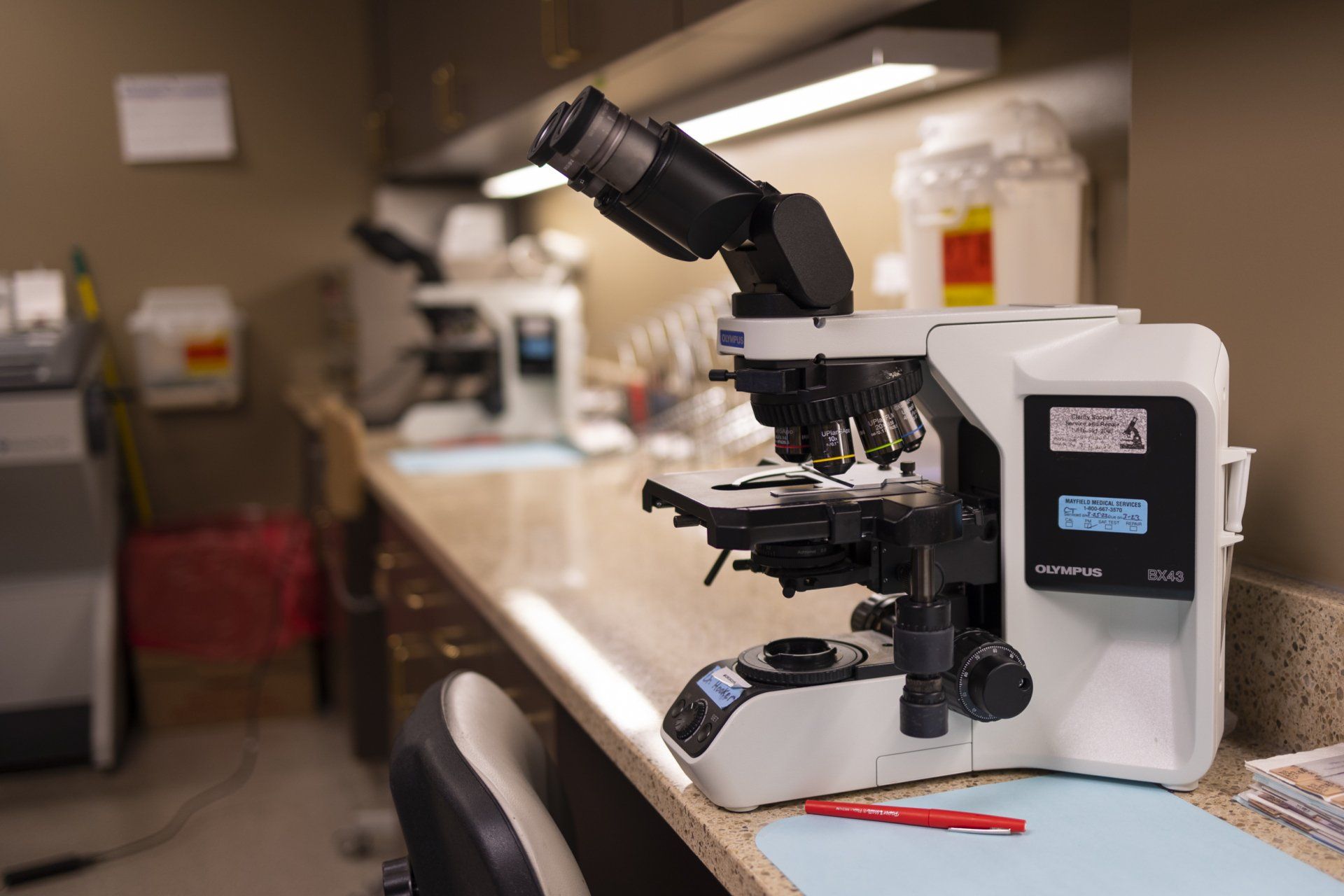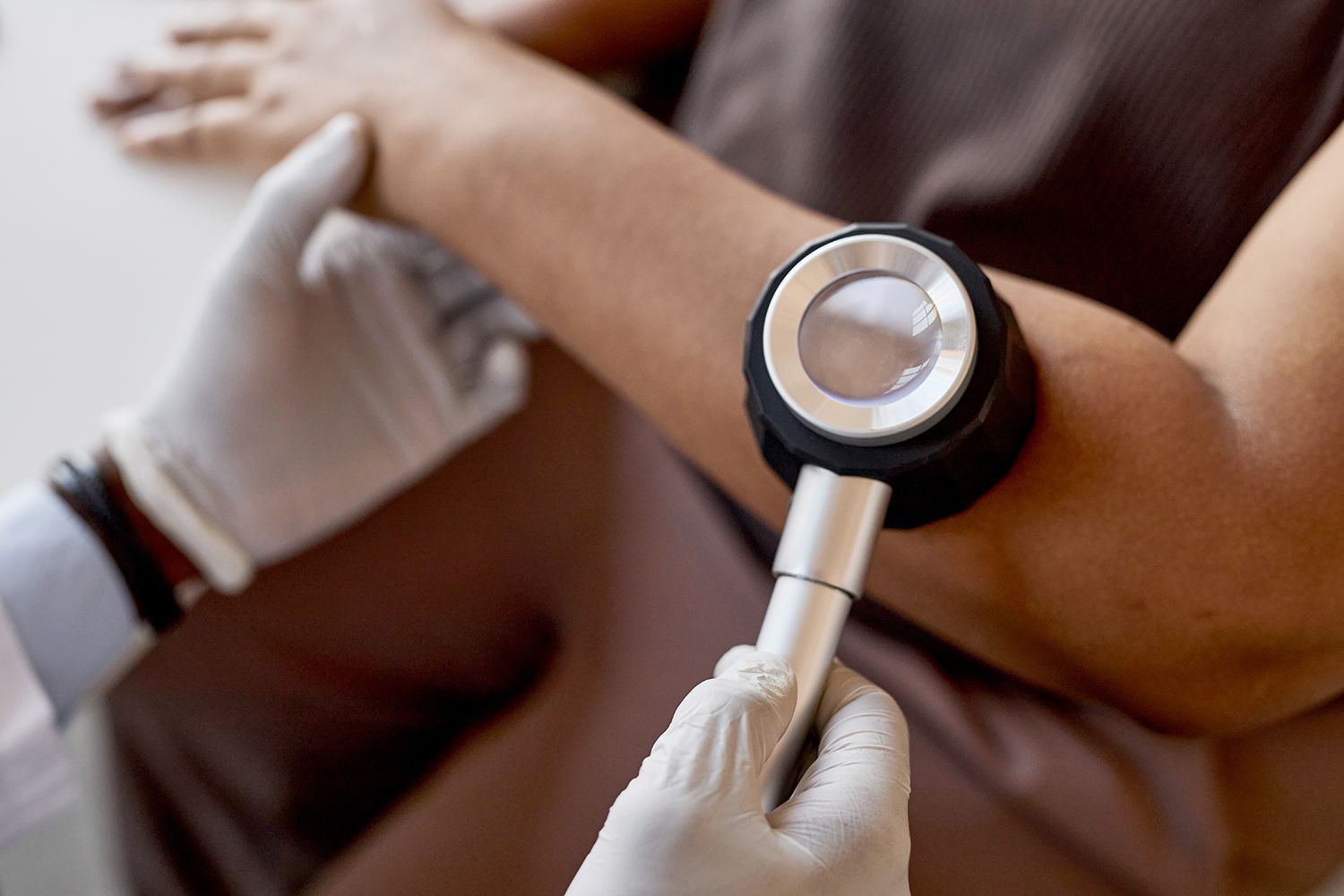5 Tips for Choosing the Right Mohs Surgeon for Your Skin Cancer Treatment
1. Verify that your Mohs surgeon has the highest degree of Mohs Fellowship-Training (ACMS)
It is important to confirm that your Mohs surgeon has completed a Fellowship through the American College of Mohs Surgery (ACMS). Any dermatologist is legally allowed to perform Mohs surgery, but only ACMS fellowship-trained Mohs surgeons have completed an intensive 1- to 2-year training program after their dermatology residency. This specialized training, certified by the American College of Mohs Surgery (ACMS), involves:
- At least 500 Mohs surgery cases under the supervision of an experienced ACMS-approved surgeon.
- Extensive training in frozen section skin pathology, specifically in interpreting the microscopic slides of the cancerous tissue.
- Mastery of advanced reconstructive plastic surgery techniques to achieve the best possible cosmetic outcome after the cancer is removed.
- Action Tip: Look for a surgeon who has completed a fellowship through the American College of Mohs Surgery (ACMS). You can verify a surgeon's credentials on the ACMS website
2. Know the Mohs Advantage: Complete Margin Analysis
The primary reason Mohs surgery has a cure rate of up to 99% for skin cancer is its unique method of examining 100% of the surgical margins.
Mohs Surgery: The surgeon removes the visible tumor and a thin layer of surrounding tissue. This tissue is immediately processed in an on-site lab, and the surgeon examines it under a microscope. If any cancer cells are found at the edges, the surgeon knows exactly where they are and removes another thin layer only from that specific area. This process is repeated until no cancer remains.
Standard Excision (often performed by plastic surgeons or ENT surgeons): With a standard excision, the surgeon removes the visible tumor along with a wider margin of what is hoped to be healthy tissue. This is then sent to an off-site lab for analysis, which can take a week. Crucially, only a very small fraction of the surgical margin (less than 1%) is examined, and the rest of the margin is ignored! If no tumor is seen in the 1% of the margin that is analyzed, then it is blindly assumed that the other 99% also does not have tumor hiding out. This is like having a murderer break into your house, and then when you call the cops, they come and only search in a tiny corner of your basement closet. If they don't find the murderer in that one spot of your closet, how safe would you feel if they told you "the coast is probably clear" and left you home alone?
This difference is critical. The inability of non-Mohs surgeons to check the entire margin in real-time results in a lower cure rate and an increased risk of needing more extensive corrective surgeries in the future.
3. Ask About Their Experience
A surgeon's skill is directly related to the quality of their Fellowship training and the sheer number of surgeries they have performed. It is simple: surgeons who have done more surgery cases are better at surgery. Studies have shown that new surgeons make more mistakes than experienced ones.
Please search for a Mohs surgeon who has
done at least 15,000 cases in their career. With an experienced surgeon, skin cancer cure rates with Mohs are > 99%. Similar cure rates are not guaranteed if your surgeon is inexperienced or not fellowship-trained. Always ask your Mohs surgeon about their experience in treating your specific type of skin cancer.
4. Review Before-and-After Photos of Reconstructions
Many Fellowship-trained Mohs surgeons are also experts in aesthetic reconstructive surgery. They are skilled in various techniques, from simple closures to more complex flaps and grafts, to minimize scarring and achieve the best aesthetic result. Don't hesitate to ask to see a portfolio of their work, particularly for cases like yours.
5. Prioritize Clear Communication and Comfort
Your surgeon should take the time to explain the procedure, answer all your questions, and discuss what you can expect during and after the surgery. Feeling comfortable and confident in your surgeon and their team is a vital part of the treatment process.
Contact us today to learn more about Advanced Dermatologic Surgery's services!






